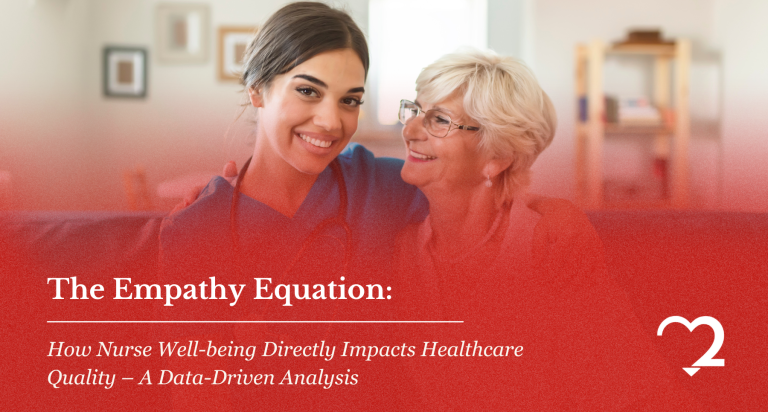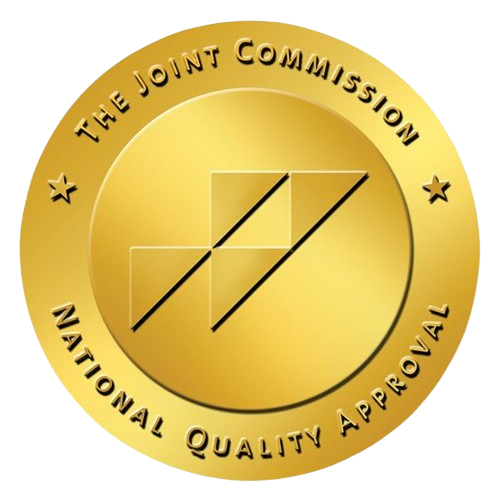
In the complex world of healthcare, a critical factor profoundly influences the quality of patient care: the well-being, safety, and fulfillment of the nursing workforce. Mounting evidence and extensive research now clearly demonstrate that an organization’s commitment to fostering an empathetic and supportive environment for its nurses is not merely a matter of internal culture, but a strategic imperative for achieving superior patient outcomes and operational excellence.
Understanding what genuinely motivates and sustains nursing professionals is key. Decades of research paint a clear picture, moving beyond anecdotal observations to hard data.
Beyond Compensation: What Top Nursing Talent Truly Values
While competitive salaries are foundational, data consistently reveals that intrinsic professional factors significantly drive nurse satisfaction, engagement, and retention:
- A Culture of Respect and Professional Dignity: Nurses thrive in environments where their skills are recognized, their contributions valued, and they are treated with inherent respect. Studies emphasize that core values like “helping others” (often rated important by 96-98% of nurses) and experiencing a “sense of achievement” (around 92-98%) are paramount (ProQuest, 2023).
- Autonomy and Empowerment in Practice: The capacity to exercise clinical judgment and actively participate in patient care decisions is highly valued. Research establishes a direct link between nurse empowerment and tangibly higher nurse-assessed quality of care and reduced patient fall rates (ResearchGate).
- The Impact of Leadership on Workforce Stability: The impact of leadership on workforce stability is clear. For instance, one significant study found that variations in effective leadership styles could account for approximately 25.7% of the differences observed in nurse retention rates, highlighting leadership’s substantial influence (International Journal of Research and Scientific Innovation, 2024).
- Safe Staffing Ratios as a Non-Negotiable: Inadequate staffing is a critical issue. A landmark study published in JAMA revealed that surgical patients in hospitals with an 8:1 nurse-to-patient ratio faced a 31% increased likelihood of mortality compared to those in hospitals with a 4:1 ratio (JAMA, cited by Health Carousel, 2024). Furthermore, higher nurse-to-patient ratios are correlated with 28% more central line bloodstream infections and 53% more catheter-associated urinary tract infections (Health Carousel, 2024).
- Prioritizing Nurse Well-being: The professional toll on nurses is evident. The percentage of RNs expressing job dissatisfaction nearly doubled from 11.0% to 19.9% between 2017 and 2022, with burnout and stressful work environments cited as primary reasons for leaving positions (HRSA, 2024).
The Undeniable Link: Work Environment and Patient Care Quality
The correlation between the nursing work environment and the quality of patient care is robustly supported by evidence:
- The High Cost of Burnout on Patient Safety: A global survey involving over 9,300 nurses across 35 countries found that 61% reported symptoms of anxiety, depression, or burnout, and 57% felt exhausted daily (International Nursing Review, 2025, cited by SE Healthcare). A comprehensive meta-analysis of 85 studies (encompassing 288,581 nurses) confirmed that nurse burnout is associated with lower patient safety grades, increased rates of nosocomial infections, patient falls, medication errors, and diminished patient satisfaction (PMC, 2024).
- Healthy Work Environments Yield Better Outcomes: Organizations that implement and uphold standards for a healthy work environment, such as those defined by the American Association of Critical-Care Nurses (AACN), consistently report better nurse staffing, higher retention rates, and less moral distress (AACN). Such environments are linked to lower odds of negative patient outcomes, including mortality and adverse events (AACN Journals, 2022).
- The Empathy Dividend in Patient Satisfaction: Patient perception of care is significantly influenced by the empathy demonstrated by their caregivers. Studies show that empathetic clinician interactions can lead to 52% higher patient satisfaction scores (University of Technology Sydney).
Fostering Empathy: A Strategic Approach for Healthcare Excellence
The data compellingly argues for a systemic approach to healthcare staffing and management that places empathy and compassion at its core, not just for patients, but critically for the nursing staff. This involves:
- Cultivating Supportive Cultures: Actively building and maintaining organizational cultures that prioritize psychological safety, respect, and open communication.
- Investing in Leadership Development: Training leaders who understand and can implement empathetic management practices, recognizing their direct impact on staff well-being and patient outcomes.
- Ensuring Safe and Sustainable Workloads: Committing to evidence-based staffing models that prevent burnout and allow nurses to provide the highest quality care. Research indicates that a 10% increase in nurses intending to leave their positions can correlate with a 14% rise in patient deaths (SE Healthcare, 2025), underscoring the life-and-death importance of retention fostered by a positive environment.
- Recognizing the Broader Impact of Empathy: Empathetic interactions have been shown to yield tangible patient benefits, such as a 20% reduction in pain, depression, and anxiety, and even a 50% decrease in post-operative morphine requirements following an empathetic pre-operative consultation (University of Technology Sydney). For nurses themselves, working in an empathetic environment is linked to greater job satisfaction and reduced stress and burnout (Healthcare journal, cited by Norwich University).
Looking Ahead: The Future of Healthcare Relies on Valuing its Professionals
The healthcare industry stands at a pivotal juncture. Investing strategically in the well-being, safety, and professional fulfillment of the nursing workforce through evidence-based, empathetic practices is no longer optional, it is fundamental



